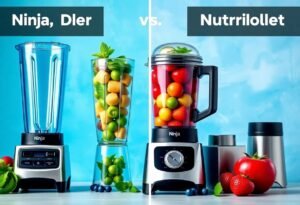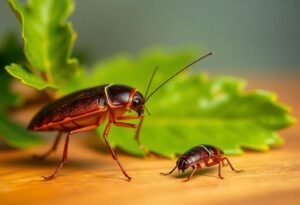Why Transplanting Matters
Transplanting lettuce is not only a technique but also an art that allows for maximizing garden space. The question of when to transplant lettuce depends on various factors, including the age of the plants and weather conditions. This process enables you to remove weaker seedlings, leading to stronger and healthier plants.
Ideal Age for Seedlings
It’s best to transplant young seedlings when they have 3-4 leaves. Deciding when to transplant lettuce also hinges on their development—if they are too densely planted, they will compete for light and nutrients. Typically, you can start transplanting about 2-3 weeks after sowing when the plants reach a suitable size.
Signs That It’s Time to Transplant
Before you decide to transplant lettuce, keep an eye out for a few signs. If the seedlings are growing too densely and become wobbly, it’s time to transplant. Additionally, if the leaves are developing but appear small and pale, it may be worth considering when to transplant lettuce to encourage better growth.
Best Conditions for Transplanting
It’s advisable to carry out transplanting lettuce on cooler days to minimize stress during relocation. Moreover, moist soil facilitates removing and planting the seedlings in their new home. When considering when to transplant lettuce, avoid the hottest hours of the day, which can weaken the plants.
Transplanting Techniques
When transplanting lettuce, there are two main approaches: single and clump transplanting. Single transplanting involves removing individual seedlings and planting them in a new location, whereas clump transplanting consists of moving a larger number of plants at once. Both methods can be effective, but it’s essential to adapt them to your space and availability.
Conclusion
Transplanting lettuce isn’t just a chore; it’s a way to enjoy healthy and abundant harvests. It may not be complicated if you know when to transplant lettuce and what techniques to apply. Implement these tips in your garden, and you’ll surely appreciate the results.
Disclaimer
This article provides general information; results may vary based on individual growing and caregiving conditions.

















